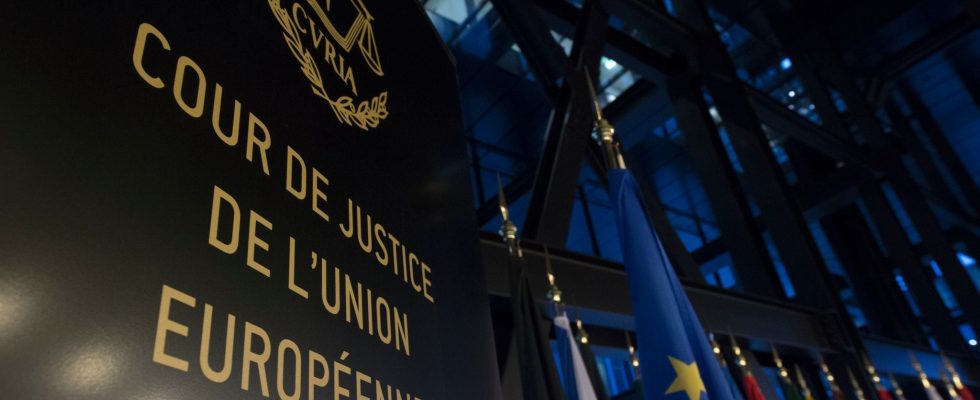Could a public administration prohibit the wearing of religious symbols by its employees? Yes, European justice ruled on Tuesday, November 28, when handling a case in Belgium concerning the Islamic headscarf.
This could apply to all public administration employees, including those who are not in contact with the public. “In order to establish a completely neutral administrative environment, a public administration may prohibit the visible wearing, in the workplace, of any sign revealing philosophical or religious beliefs,” ruled the Court of Justice of the EU in a judgment consulted by AFP.
The case law of a Belgian case
This is the first decision concerning the public service to come from European justice. The municipality of Ans in Belgium banned one of its employees in 2021 from wearing the Islamic headscarf in her workplace. In the process, the municipality modified its regulations to require its employees to respect strict neutrality, prohibiting them from “displaying any conspicuous sign” of ideological or religious affiliation, including those who are not in contact with the citizens. .
The Court of Justice of the EU, referred to by the Liège labor court, ruled that “the policy of strict neutrality that a public administration imposes on its workers can be considered to be objectively justified by a legitimate objective”. On the contrary, the Court considers “just as justified the choice of another public administration, in favor of a policy authorizing, in a general and undifferentiated manner, the wearing of visible signs of conviction”.
The final decision rests with the national courts
“Each Member State, and any sub-state entity within the framework of its competences, has a margin of appreciation in the conception of the neutrality of the public service which they intend to promote in the workplace, depending on the context own which is theirs”, indicates the Court. It specifies that “this objective must be pursued in a coherent and systematic manner, and the measures adopted to achieve it must be limited to what is strictly necessary”, and that “it is up to the national courts to verify compliance with these requirements”.
In March 2017, regarding two cases in Belgium and France concerning Muslim women dismissed after refusing to remove their veil, the CJEU had already ruled that the internal regulations of a company could, under certain conditions, provide for the ban the visible wearing of religious or political symbols.
